The SHEP approach has spread widely in Africa through governments' initiatives. In recent years, the SHEP approach is starting to be practiced in various other regions around the world.
Concepts
The Concept of SHEP is an Economic and Psychology Hybrid. Thinking from the economic theory "grow to sell" and based on a psychological theory "a mechanism for unlocking farmer motivation".
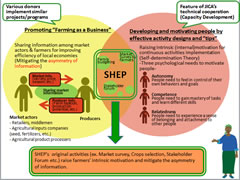
4STEPs
How does SHEP achieve market-oriented agriculture? The essence of our unique practices is summarized in the Four Steps. The flow of the SHEP activity process has been analyzed from the perspective of the farmers themselves. Activities have been organized under each of these steps during the advancement of region-wide development.
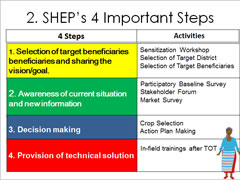
History
Since 2006, JICA and the State Department of Agriculture, the Ministry of Agriculture, Livestock and Fisheries (MOALF) in Kenya have implemented jointly the SHEP Project. This will explain the history of the SHEP project in Kenya.
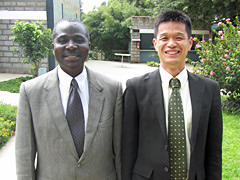
TICAD
At the Fifth Tokyo International Conference on African Development (TICAD V) held in June 2013, SHEP region-wide development was billed as a key to the future of the agriculture in Africa for its success in boosting the incomes of small-scale farmers.
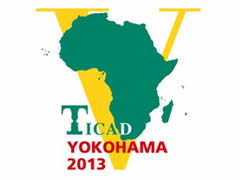
Expansion
The SHEP approach has currently spread to 23 countries in the Africa region. This region-wide expansion is driven by trainees (government officials and extension workers from developing nations) who participate in the Market Oriented Agriculture Promotion for Africa thematic training course held four times a year. They advance the program by implementing action plans that they create during the training once they return to their home countries. JICA then supports that implementation in various ways, including providing opportunities for graduates to share their advice, insights, and experiences at the local level. Countries who achieve a certain amount of success with SHEP are then given even more assistance through technical cooperation projects or the dispatching of individual experts.
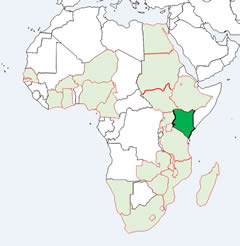




scroll